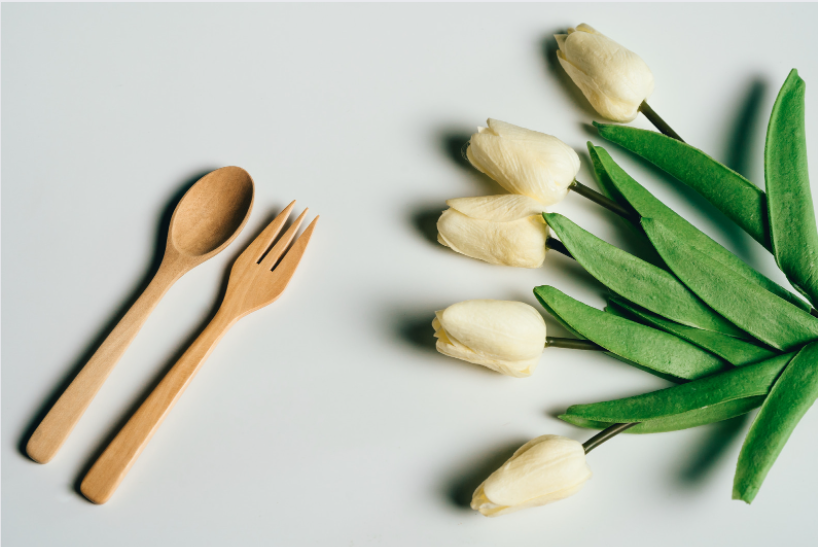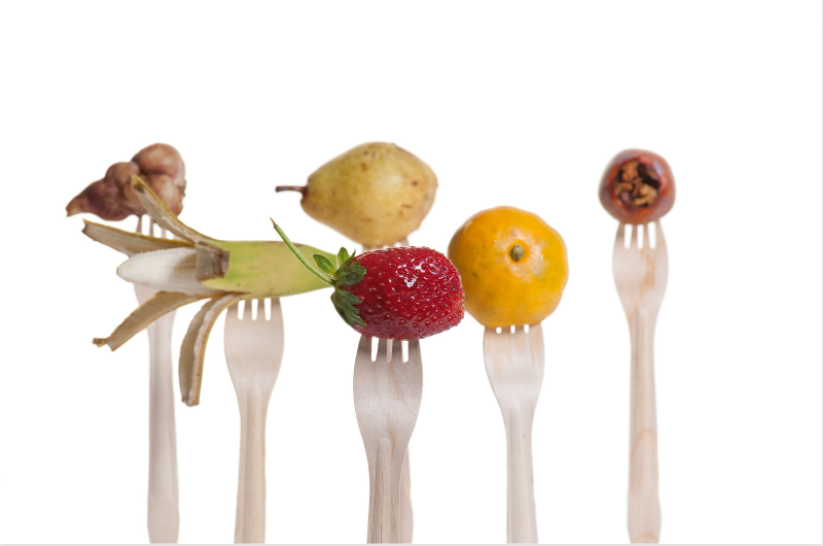Are wooden forks better than plastic?
A wooden fork may be better than a plastic fork, but it depends on the characteristics of each fork. Plastic forks are usually cheap and disposable, while wooden forks can be more expensive and durable. There is nothing inherently better or worse about wood or plastic as a material for forks, but in general, for any given function, there will be a material that does that function best.
If you are talking about disposable forks, plastic is almost always better. Wood has to be manufactured so that it can decompose easily with regular use. This means the wood cannot be treated with any chemicals that would prevent rot or decay, which means they are not very durable. If you use them as a normal fork, they will break easily and splinter into your food. You could design a wooden disposable fork that is durable, but then it wouldn't decompose very easily or at all.
If you are talking about reusable forks, on the other hand, wood is often better than plastic. Wooden forks have been used to move food from plates to mouths for thousands of years without breaking or causing health problems. It is possible to design durable plastic forks capable of being used repeatedly and without breaking down, but those types of plastic are often not safe.

More details:
The question is: Are wooden forks better than plastic? The answer is "it depends." However, wood cutlery is now seen as a safe, environmentally-friendly alternative to disposable plastic cutlery. And with the growth of awareness regarding plastic waste, the demand for eco-friendly cutlery has grown.
When compared to conventional plastics, wood is more sustainable. According to studies, wood has lower environmental impacts than plastic. While wood is not completely free from plastic pollution, it does require less energy than the latter. It also costs less than plastic, so you'll save on the carbon footprint associated with plastic utensils. Furthermore, wooden utensils are generally made of fast-growing species.
A recent study showed that wooden utensils have a less environmental impact than plastic. The wood used to make these utensils is 100 times more biodegradable than plastic. And it has no metallic taste, so it doesn't react with acidic foods, making your meals less appetizing. Another benefit of wooden utensils is that they hold flavors longer, so you can get a more authentic flavor of your food.
In addition to being more biodegradable, wooden utensils have less impact on the environment than plastic. GWP, or global warming potential, is a number that measures how much a product contributes to global warming. In a study, wood beats plastic by 45 percent and PLA by six. Often, these utensils are made from fast-growing species and coated to be food-safe.
Aside from being biodegradable, wooden utensils are also biodegradable. This is a big plus for people who value the environment. While plastic may seem like a good choice, it might not be the best choice for everyone. Some people prefer to keep the environment as clean as possible, and wooden forks are a better choice for some. But, there are some differences.

As a material, wood is a greener choice. It contains fewer chemicals than plastic, which is more sustainable than most other materials. And while wood has higher costs, it also reduces pollution and carbon dioxide levels. Both types of materials contribute to the environment. And both have benefits. By using wooden utensils, consumers can help the environment by reducing their carbon footprint. So, if you're concerned about plastic's environmental impact, choose wooden forks.
Aside from their sustainability, wooden forks are more durable than plastic. They are stronger and more environmentally friendly. The natural wood utensils are more durable and can stir thick sauces and scrape the bottom of pans. They can be more difficult to wash, but they are also easier to maintain. This is an advantage for those who are concerned about the environment. It is important to remember that conventional plastic utensils are not recyclable.
Beyond the health and environmental advantages of using a wooden fork, there's also the simple comfort of using an implement that you know will be comfortable. From our research and your comments, it's clear there are plenty of reasons to make the switch from plastic to bamboo or wood. And if you're still on the fence about it? Give a fork, or two, a try!
recommend reading:







